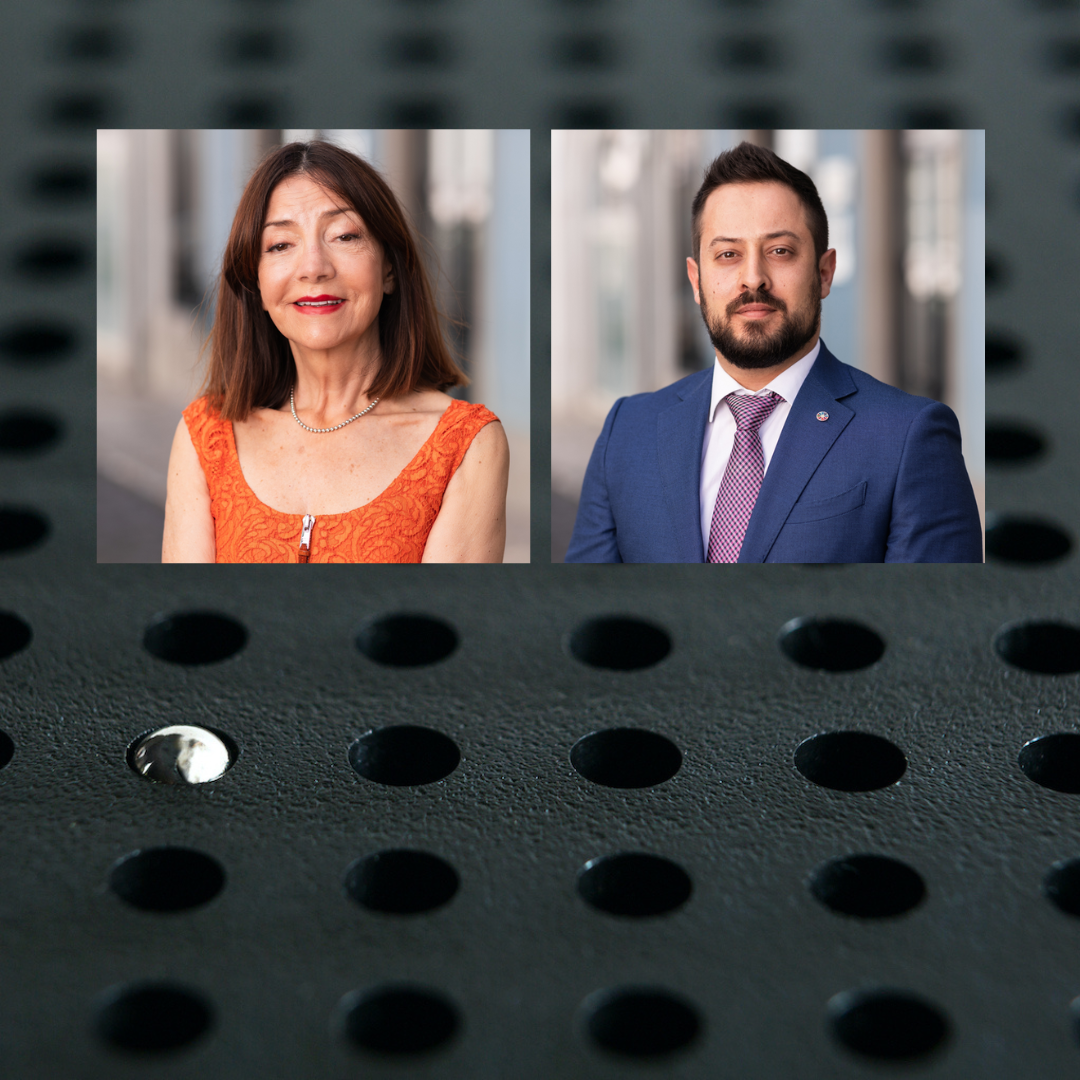Work-life balance: an individual equilibrium
Creating an organizational culture that promotes flexibility, supports work-life balance, and recognizes the importance of self-care is essential.
In the whirlwind of our lives, where the pressures of work and the demands of personal and social life compete for our attention, finding a harmonious balance between these spheres has become an incessant quest. This contemporary dilemma, rooted at the intersection of etymological origins and social realities, deserves deeper analysis.
In its etymological essence, the word “work” resonates with the burden of the Latin tripalium, an instrument of torture made of three wooden stakes. This historical link to suffering and deprivation still echoes in our modern conceptions, where work is often perceived as a burden to be endured. However, it has transcended its origin to encompass any productive or laborious activity, paid or unpaid. At the core of work remains the concept of physical and mental effort dedicated to achieving goals.
The word “life,” from its Latin root vita, evokes the totality of human existence, from birth to death. It is a vast and complex spectrum, encompassing multifaceted experiences, intertwined relationships, aspirations, and achievements that give meaning to our earthly journey. This expanded notion of life transcends the boundaries of time and space, incorporating biological, psychological, social, and spiritual aspects.
Moreover, the intersection between these two domains is where the fundamental challenge of seeking balance resides. The concept of "leisure," derived from the Latin otium, originally referred to free time and idleness. However, over the centuries, its definition has expanded to include a diverse range of recreational, cultural, and intellectual activities that contribute to personal enrichment and emotional well-being.
In contrast to leisure is "business," a word that arises from the conjunction of the prefix "neg-" (indicating negation) and otium, literally meaning "not leisure." This term highlights the dichotomy between work and leisure, emphasizing the need to balance both spheres for a fulfilling and accomplished life.
However, challenging the stereotypes that dictate an even distribution of time between work and leisure is essential. Recognizing the uniqueness of each individual and allowing autonomy in defining goals and priorities is fundamental to achieving a true and meaningful balance.
Organizations play a crucial role in this process as they adopt policies and practices that value the well-being and personal development of their members. Creating an organizational culture that promotes flexibility, supports work-life balance, and recognizes the importance of self-care is essential for cultivating an environment that nurtures both professional growth and personal well-being.
However, finding this balance is not merely a matter of time management. It is an individual and multifaceted journey, influenced by a myriad of factors, from cultural values and social expectations to family responsibilities and personal aspirations.
True work-life balance transcends the mere division of hours on the clock. It lies in the ability to harmoniously integrate the different dimensions of life, recognizing that meaning and fulfillment are found not only in work but also in interpersonal relationships, passions, and moments of rest and reflection.
As we navigate the labyrinth of modern life, we must always remember that balance is an ongoing pursuit, a delicate dance between commitments and self-care, between professional achievement and personal satisfaction. Finding this harmony requires introspection, adaptation, and, above all, a compassionate understanding of our own humanity and that of those around us.
Each of us is unique, singular, and distinct from all others. Recognizing this truth should inspire us to develop our own independent thinking and seek our own balance, rather than simply following fleeting trends or the latest “fashionable” solution.
Published in ECO Trabalho, May 2024
Available here: https://eco.sapo.pt/opiniao/work-life-balance-um-equilibrio-individual/
